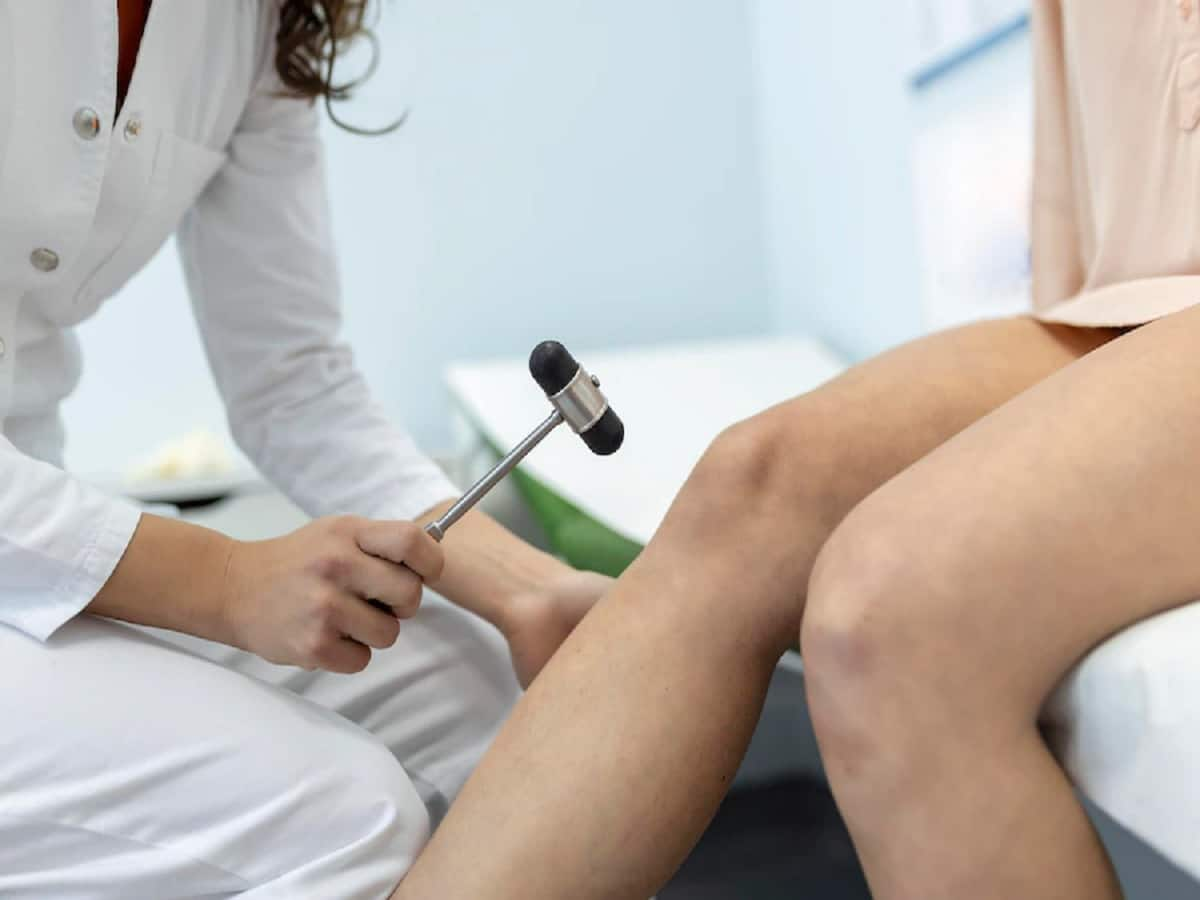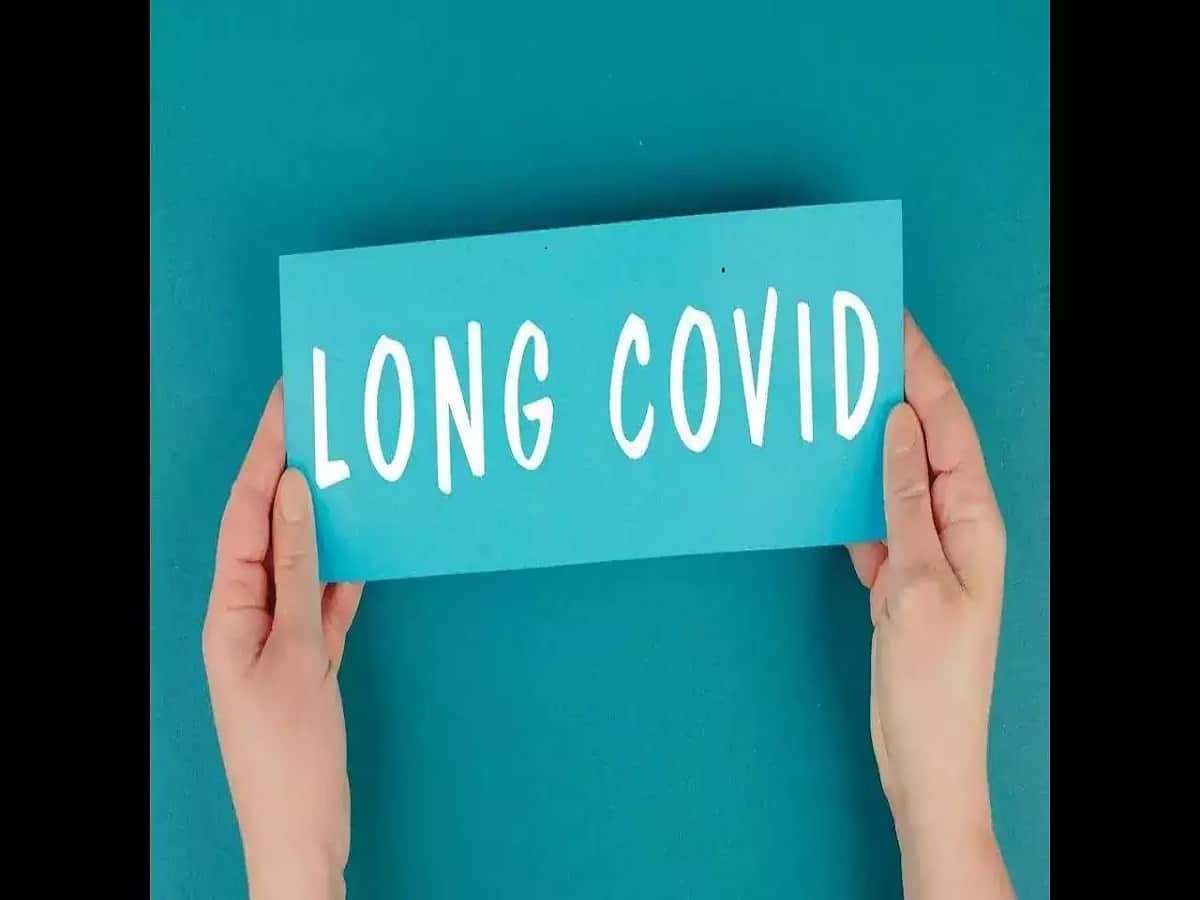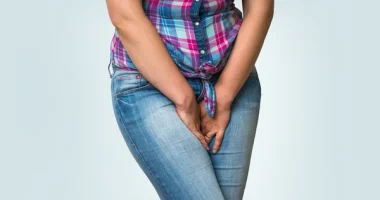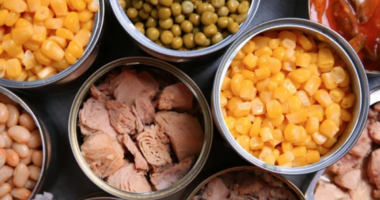Menopause Can Raise Risk Of Osteoporosis – 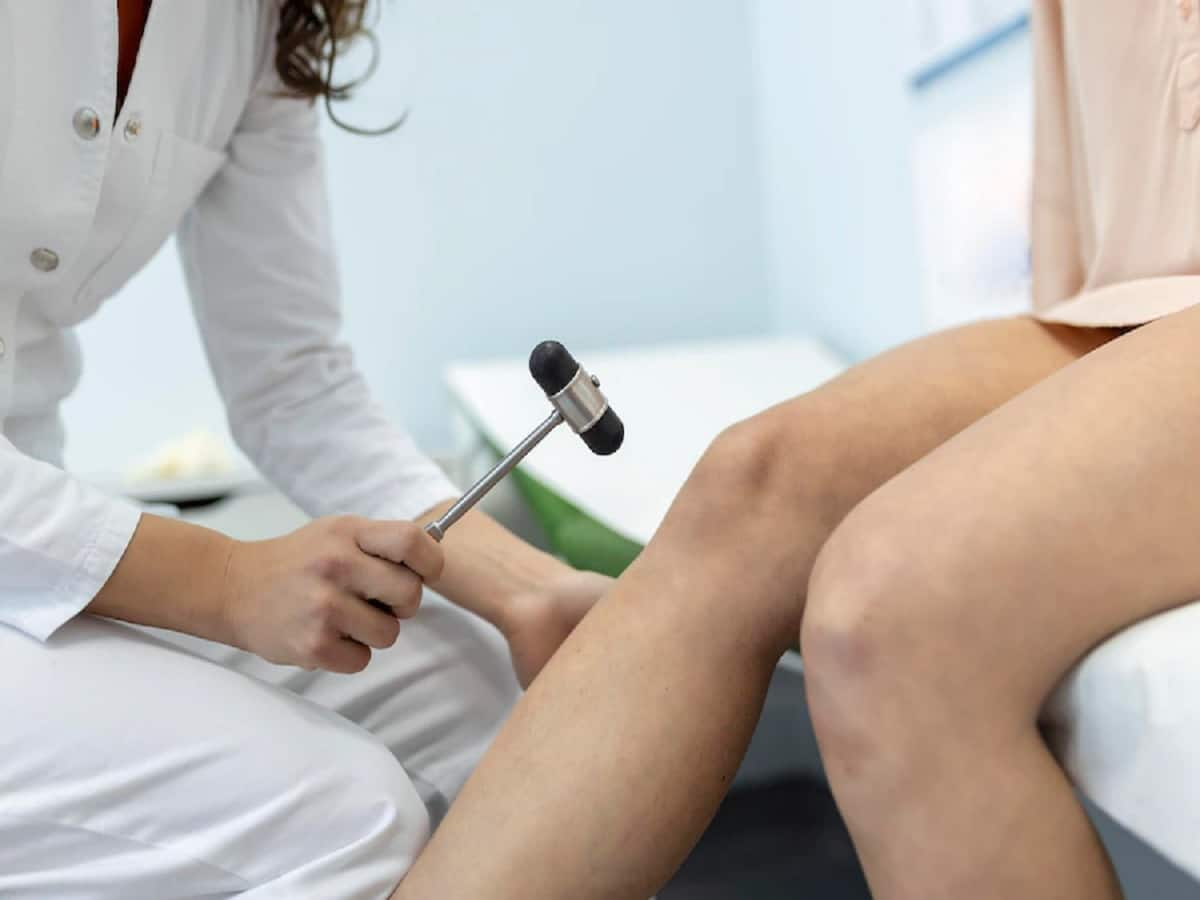 Postmenopausal osteoporosis tends to progress without any symptoms or pain. You may not realize that you have the condition until you have broken a bone.
Postmenopausal osteoporosis tends to progress without any symptoms or pain. You may not realize that you have the condition until you have broken a bone.
Menopause, the time that marks the end of your menstrual cycles, can cause many changes in your body. It also signals the loss of fertility. But you may not be aware that women who have reached menopause are at risk of developing osteoporosis, a condition in which bones become thin (less dense) and may fracture easily. Read on to know how to avoid bone loss during post-menopausal stages.
Women lose bone mass during and after menopause. Therefore, it will be imperative for post-menopausal women to exercise daily, eat a diet loaded with calcium-rich foods, and avoid smoking, said doctors.
How menopause leads to osteoporosis?
Dr. Rakesh Nair, Consultant Knee Replacement Surgeon at Zen Multispeciality Hospital, explained, “There is a direct relationship between low estrogen levels during perimenopause and menopause and osteoporosis. As women near their menopause, estrogen and progesterone levels start falling. The bones support the body and help one to move. Estrogen is essential for maintaining bone strength. Low levels of estrogen can lead to the development of osteoporosis.”
According to Dr. Nilima Mantri, Gynecologist, Apollo Spectra Mumbai, “Osteoporosis can be described as porous bones. It is a progressive condition in which one’s bones tend to weaken and are more likely to fracture or break. Menopause is the common cause of osteoporosis. The drop in estrogen levels at the time of menopause can lead to bone loss.”
Unfortunately, osteoporosis tends to progress without any symptoms or pain.
“Postmenopausal women will have osteoporosis (a disease that weakens bones), and most will suffer a fracture during their lifetime. Fractures (broken bones) cause pain and decreased mobility. Fractures are linked to reduced quality of life and increased mortality,” Dr. Mantri added.
Tips to avoid bone loss during menopause
To avoid bone loss due to osteoporosis during menopause, Dr. Mantri recommends women to eat foods containing calcium.
“Opt for dairy products, spinach, kale, cabbage, broccoli, Brussels sprouts, chia seeds, almonds, tofu, figs, soy, avocado, asparagus, green beans, sesame seeds, celery, broccoli, and pumpkin seeds. Drink milk on a regular basis and maintain adequate vitamin D levels by taking supplements as suggested by the doctor,” she said.
Post-menopausal women are also advised to do weight-bearing exercises under the guidance of a fitness trainer.
“Physical activity will improve muscle strength, balance, and fitness, and also reduce falls and fractures,” Dr. Mantri explained.
However, say NO to high-impact activities and include flexibility exercises or stretching in your fitness routine, she suggested.
Women should also avoid smoking, alcohol, and caffeine that can make their bones brittle, and try to adhere to a healthy lifestyle to avoid bone loss during menopause, the doctor added.
Also read: Women Beware: Your Risk Of Long COVID Is More Than Men Say Experts
